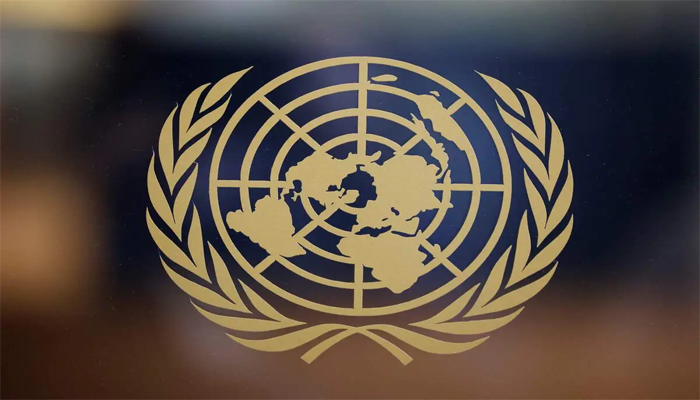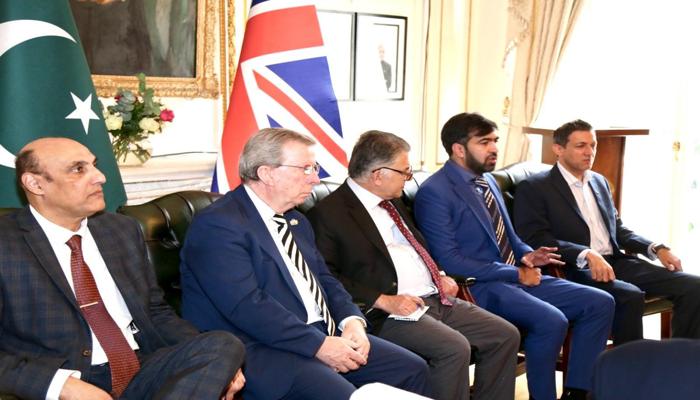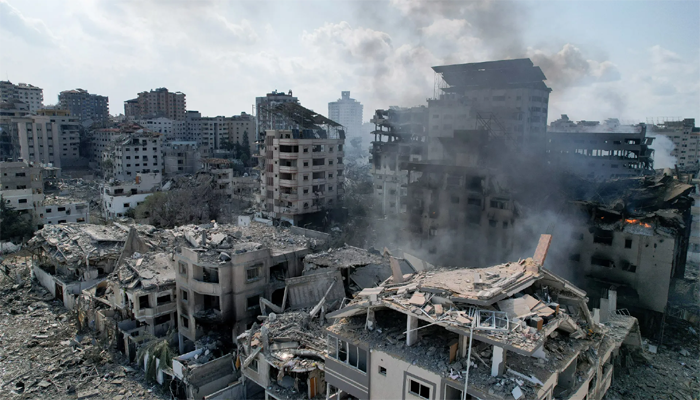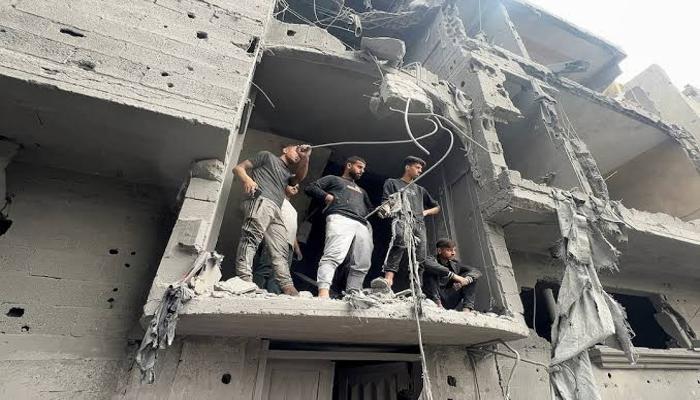UNITED NATIONS: The United Nations Office for the Coordination of Humanitarian Affairs (OCHA) has announced plans to reduce its global workforce by 20%, including staff in Pakistan, as it struggles with a severe funding shortfall of $58 million.
The development was revealed in a staff note by UN aid chief Tom Fletcher, who explained that the organization, which currently operates with approximately 2,600 personnel across more than 60 countries, will downsize to around 2,100 staff in fewer locations.
The drastic measure follows a significant cut in financial support from OCHA’s largest donor, the United States. “The U.S. alone has been the largest humanitarian donor for decades,” Fletcher wrote, adding that its expected $63 million contribution for 2025 would have accounted for 20% of OCHA’s extra-budgetary resources. However, that funding is no longer guaranteed.
This move comes as part of a broader cost-cutting initiative at the UN, announced last month by Secretary-General António Guterres, aimed at improving operational efficiency as the global body marks its 80th anniversary during an ongoing cash crisis.
The aid agency, which plays a critical role in coordinating emergency responses to crises by mobilizing funds, sharing information, and advocating for vulnerable populations, said it would now focus its limited resources more intensively in fewer countries. As part of the restructuring, OCHA will scale back operations in Cameroon, Colombia, Eritrea, Iraq, Libya, Nigeria, Pakistan, Gaziantep (Turkey), and Zimbabwe.
“These exercises are driven by funding cuts announced by Member States and not by a reduction of needs,” Fletcher stressed. “In fact, humanitarian needs are rising globally — due to escalating conflicts, climate disasters, disease outbreaks, and widespread violations of international humanitarian law.”
The situation reflects the broader shift in U.S. foreign aid policy under President Donald Trump, who returned to office in January 2025. His administration has slashed billions in foreign assistance, seeking to align international aid programs with the “America First” agenda.
The cuts could have significant consequences for humanitarian operations in conflict- and disaster-prone regions like Pakistan, where OCHA has historically played a key role in coordinating relief efforts during natural disasters and complex emergencies.
As the world faces compounding crises, the impact of these budget reductions on vulnerable populations may become even more pronounced in the months ahead.









